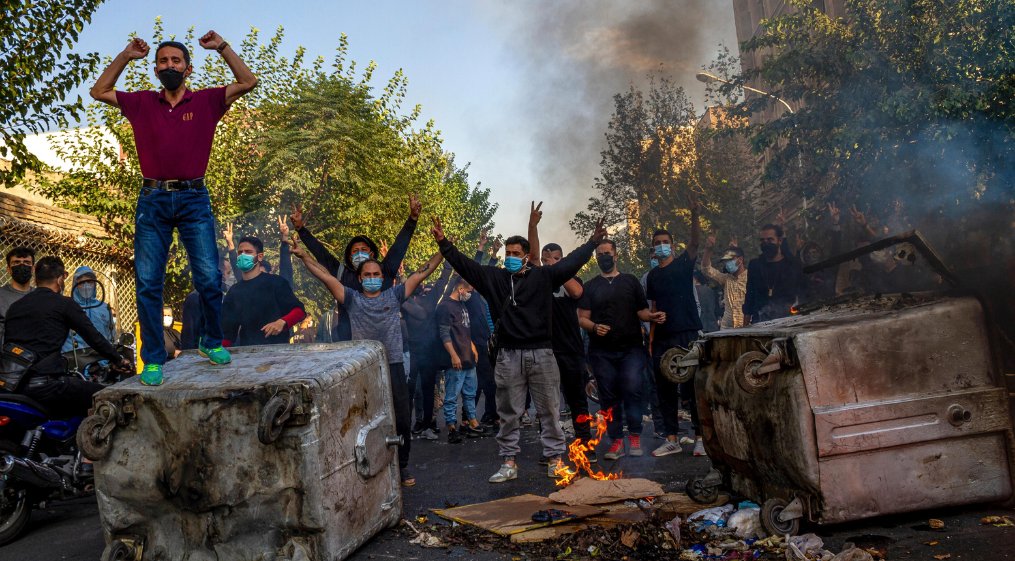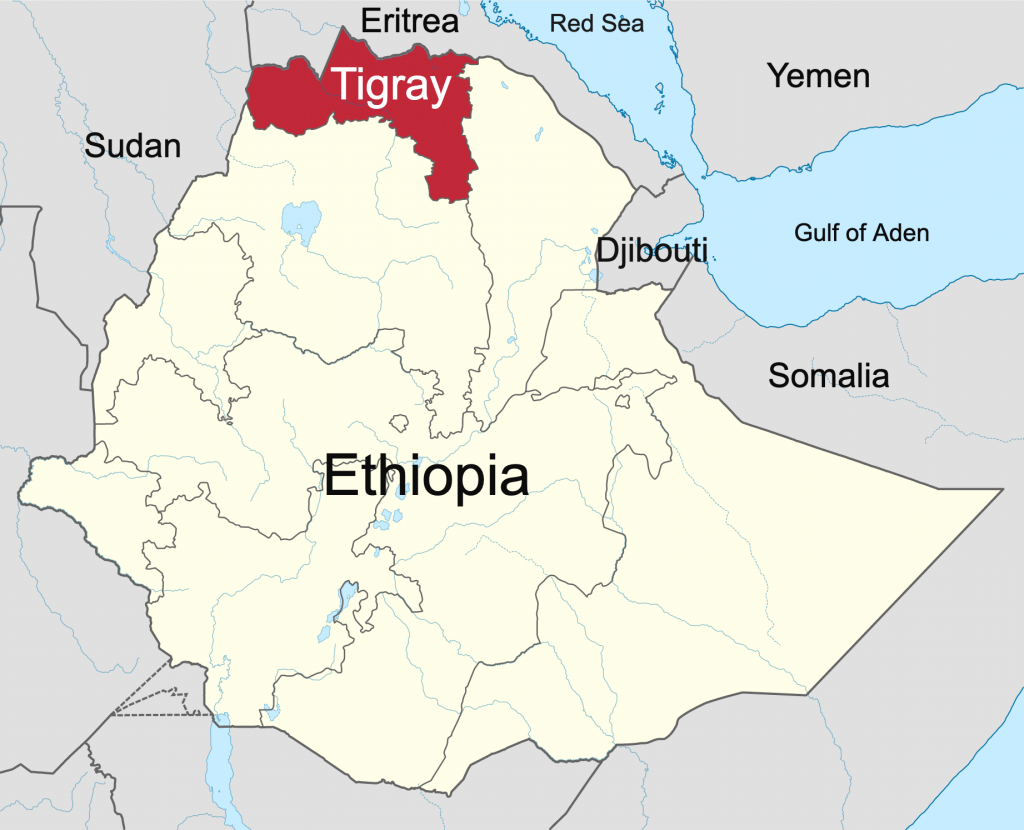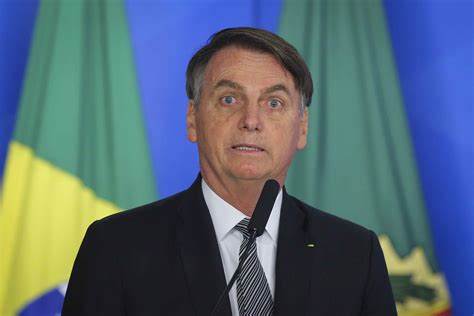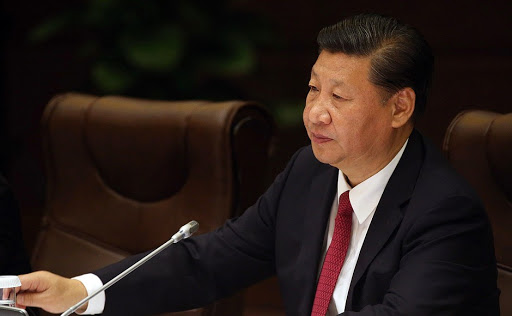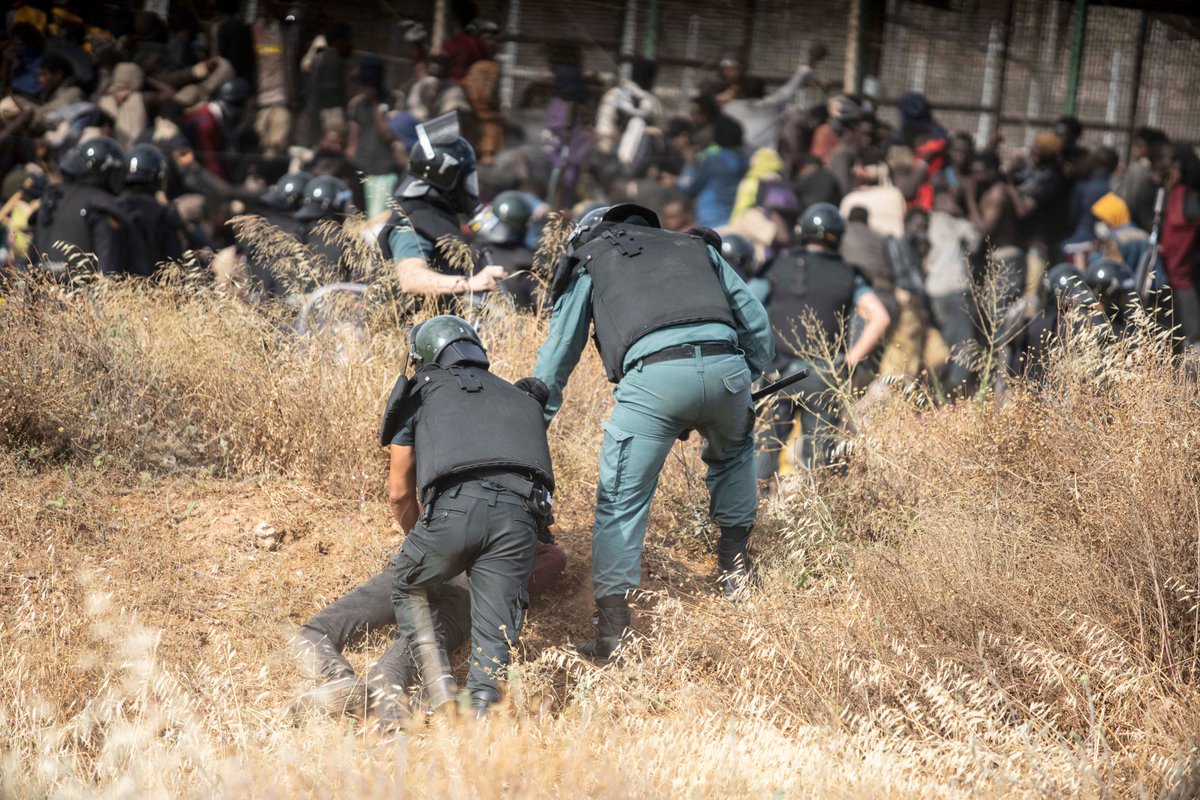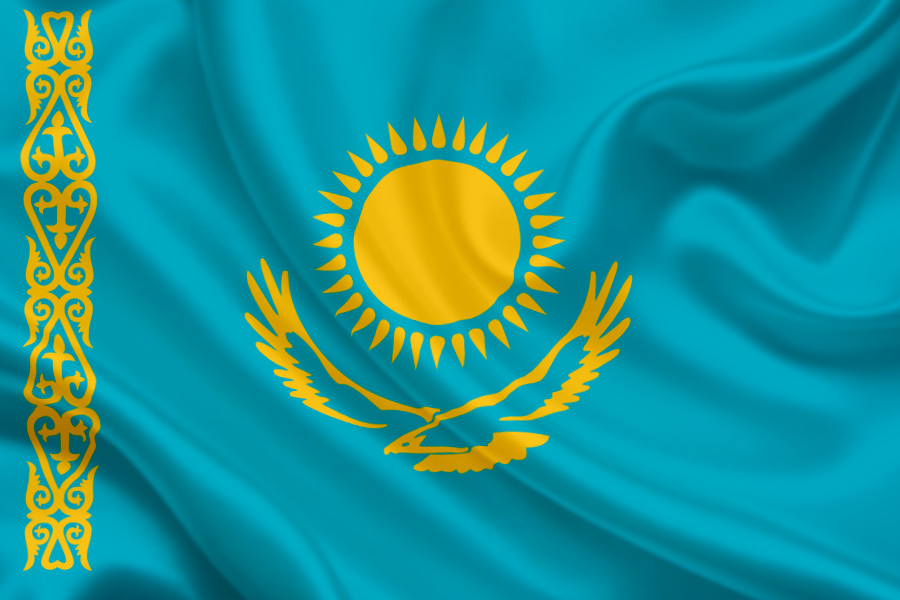Tigray receives a lifeline - first set of humanitarian aid received since peace agreement
The Tigray region has recieved humanitarian aid for the first time since the peace agreement, departing from two years of a devestating blockade.
On Tuesday, The International Committee of the Red Cross delivered two medical trucks to the Capital. Speaking on behalf of the ICRC, Nicolas Von Arx announced in a statement, "It is an enormous relief for us to deliver this cargo," he continues, "The healthcare system in the region is under extreme pressure, and these deliveries are a lifeline for people who need medical help."
On Wednesday, the World Food Program delivered 15 trucks of supplies to Tigray via the Gondor corridor in the Amhara region. The ICRC ran a test flight, which landed in Shire on Wednesday. "The resuming of airlifts to Tigray will help carry urgent humanitarian aid to the region more quickly to alleviate the suffering of thousands needing immediate support," stated the ICRC.
The peace deal was signed by the Ethiopian government and the TPLF in South Africa two weeks ago. This agreement included plans to end the two yearlong federally imposed blockade on Tigray.
The blockade effectively isolated the region from the outside world, cutting off almost all communication and halting commercial services, including banking. It also impacted the country's medical services, which were forced to drastically scale down operations due to medical supply shortages and the closing of medical facilities. Supplies of electricity, fuel and food were likewise impacted. The blockade is thought to have contributed to the loss of life in this conflict.
In #Ethiopia @WFP trucks are rolling into #Tigray with critical food assistance—this is the first movement since the peace agreement was signed.
— WFP Africa (@WFP_Africa) November 16, 2022
Critical food assistance will now be delivered to communities in coming days. More food, nutrition, medical cargo will follow. pic.twitter.com/NiFrUESM9Q
Researchers from Belgium's Ghent University have estimated that the death toll in Tigray has climbed to several hundred thousand people since the conflict began two years ago. This value includes those who lost their lives due to a lack of medical assistance and malnutrition.
The 5.5 million people residing in the Tigray region last received international aid in August, when earlier attempts to reach a peace deal broke down. Aid workers and Doctors working in the area have expressed their deep concerns for the people of Tigray in desperate need of assistance.
While news of aid deliveries is welcome, the humanitarian crisis in Tigray is far from over. Of the aid provided so far, a humanitarian official active in the region said, "So far we are talking about a drop in the ocean, not even a drop really,".

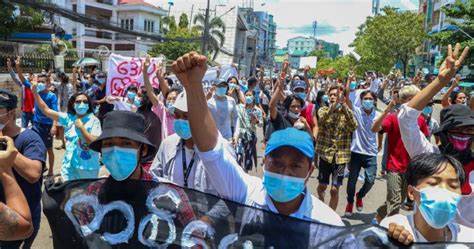

.jpg)
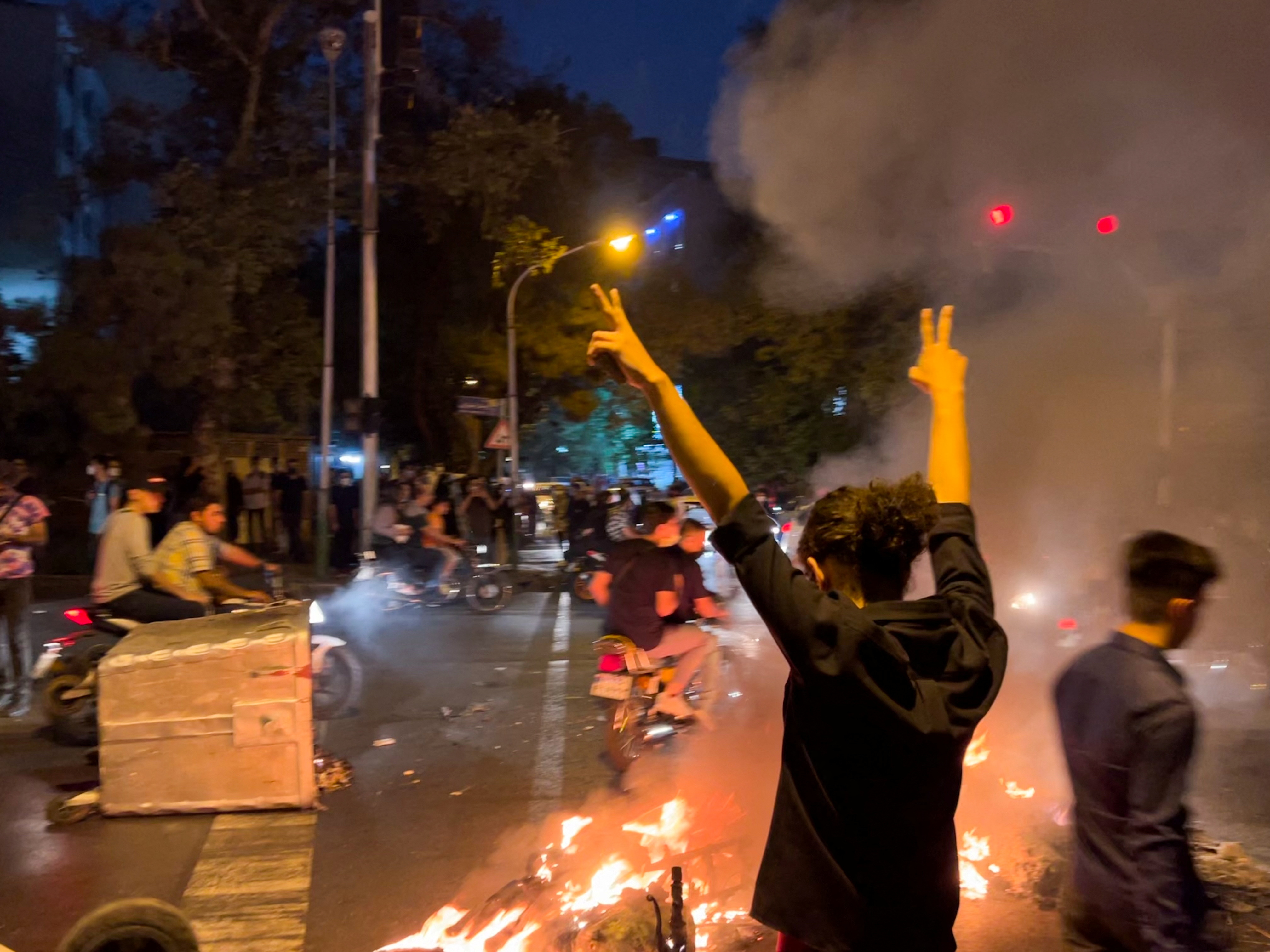 The European Union and the United Kingdom have imposed additional sanctions on Iranian officials in response to the widespread use of force against protestors.
The European Union and the United Kingdom have imposed additional sanctions on Iranian officials in response to the widespread use of force against protestors. 